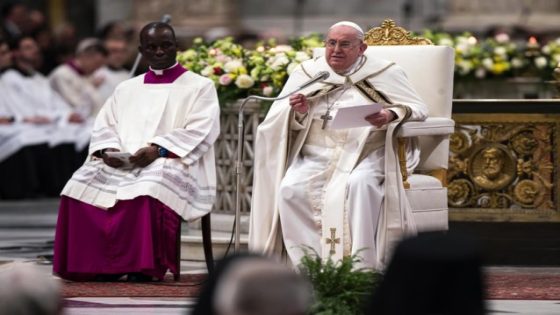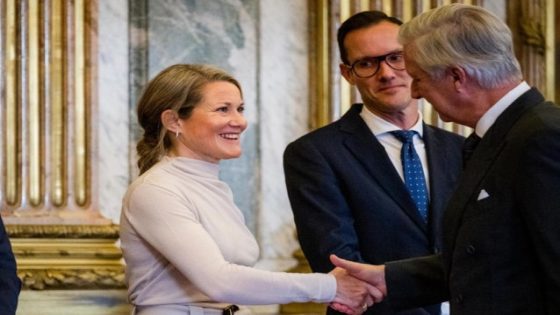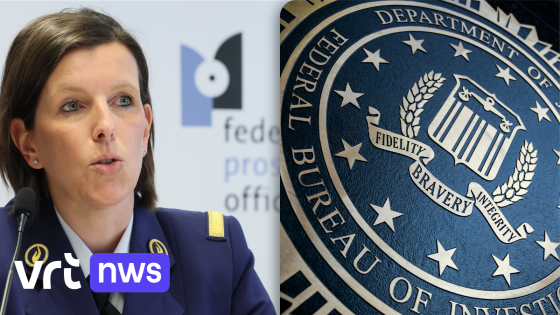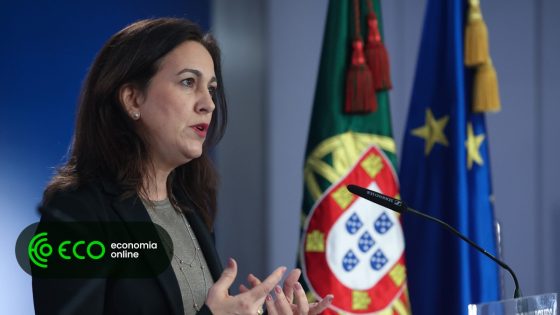Pope Francis has called for a common date to celebrate Easter, emphasizing unity among Christian denominations. This statement came during his recent address on January 25, 2025, where he highlighted the ongoing differences in Easter dates due to varying calendars.
- Pope Francis supports unified Easter celebration date.
- Current Easter dates vary by calendar used.
- Gregorian and Julian calendars cause discrepancies.
- This year, Easter coincides on both calendars.
- Reference to 1,700-year anniversary of Nicea.
- Call for decisive step towards church unity.
Pope Francis Proposes Unified Date for Easter Celebration Across Denominations
Could a single date for Easter bring Christians closer together? Pope Francis believes so. He expressed his willingness to choose a date that all can agree upon, marking an important step towards unity within the church.
The Importance of a Common Date for Easter Celebrations in Christianity
A unified date for Easter could have profound implications for Christian communities worldwide. By celebrating on the same day, churches can strengthen their bonds and present a united front in faith. Here are some key points about this initiative:
- This year marks a rare alignment where both Gregorian and Julian calendars coincide.
- The call comes during the 1,700th anniversary of the Council of Nicaea, which aimed at resolving church disputes.
- Pope Francis encourages all denominations to seize this opportunity for greater unity.
- A shared celebration could enhance community engagement and outreach efforts across different faiths.
The Historical Context Behind Easter Dates: Why Do They Differ?
The difference in Easter dates stems from two main calendars: the Gregorian calendar used by Western churches and the Julian calendar used by Eastern Orthodox churches. Historically, these calendars were established based on different calculations of the spring equinox and lunar cycles. Understanding this context helps clarify why unifying around one date is such a challenge yet an essential goal.
Potential Impacts on Christian Communities If Unified Date Is Adopted
If a common date for Easter is adopted, it may lead to increased collaboration between churches in various activities such as joint services or community events. Such cooperation could also inspire interfaith dialogues that promote understanding among different religious groups. Imagine communities coming together not just once but annually to celebrate their shared beliefs!
How Can Churches Prepare For A Unified Celebration Of Easter?
Churches interested in preparing for this potential change should consider several steps:
- Create awareness campaigns about the significance of a unified celebration.
- Encourage congregational discussions about what this means for local communities.
- Plan joint services or events leading up to Easter Sunday to build anticipation and excitement.
- Engage with other denominations through outreach programs focused on mutual goals and values.
This proposed shift by Pope Francis could mark an exciting chapter in Christian history—one that fosters deeper connections among believers globally!

































